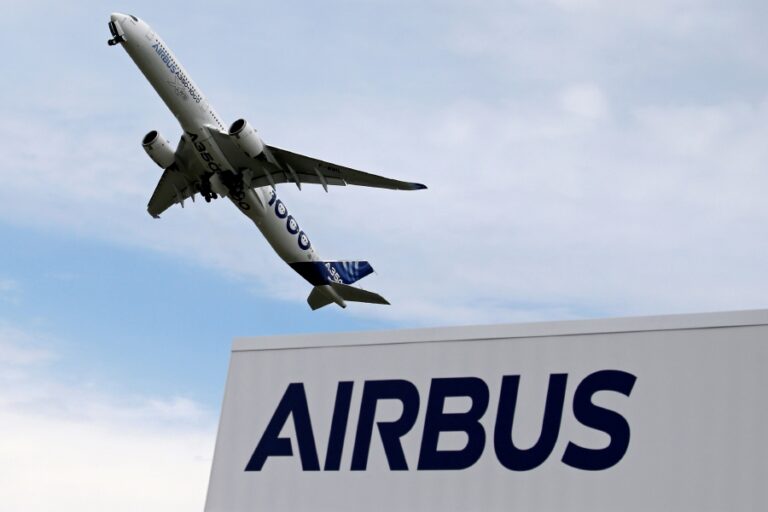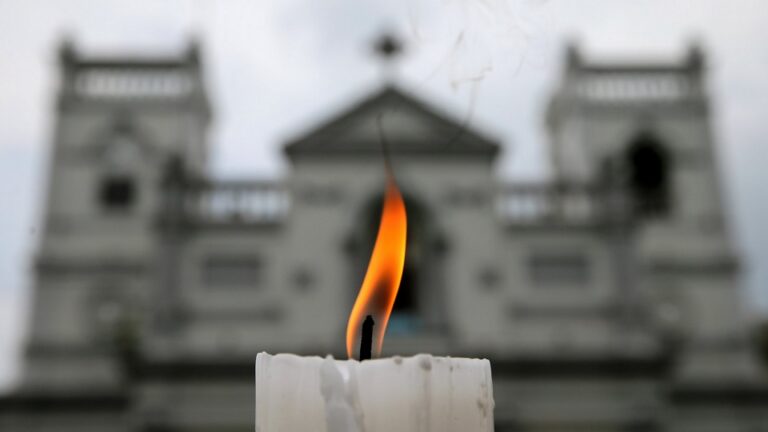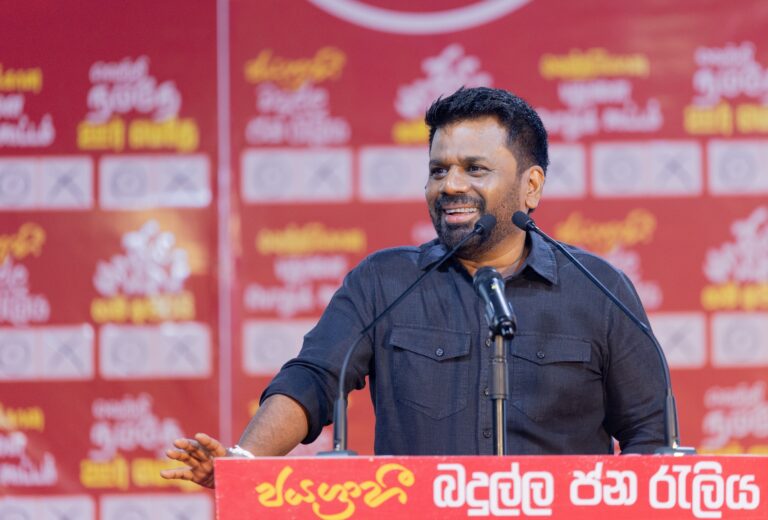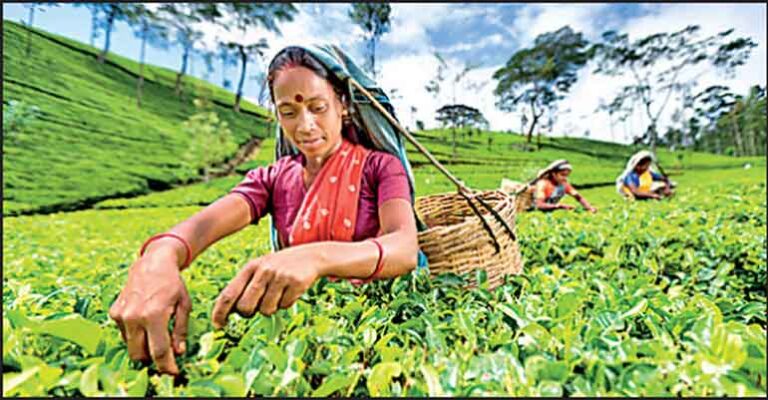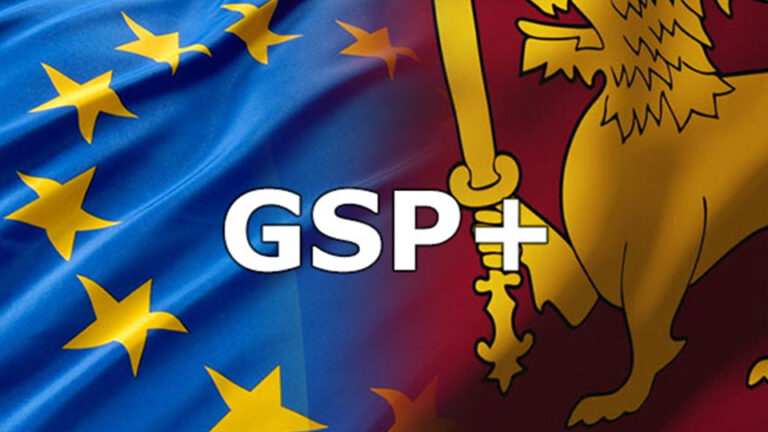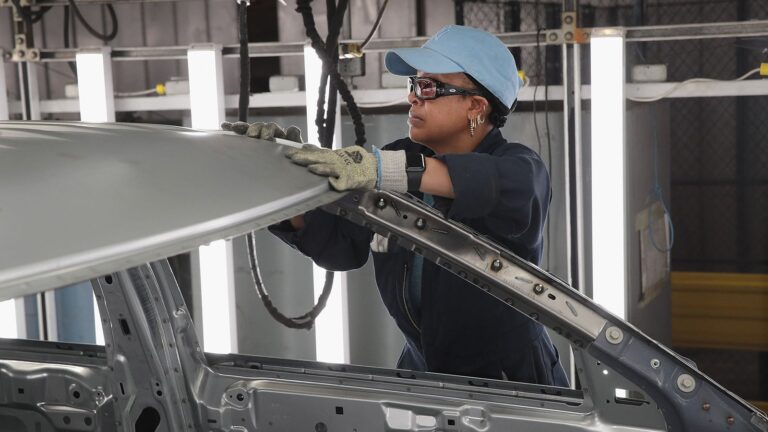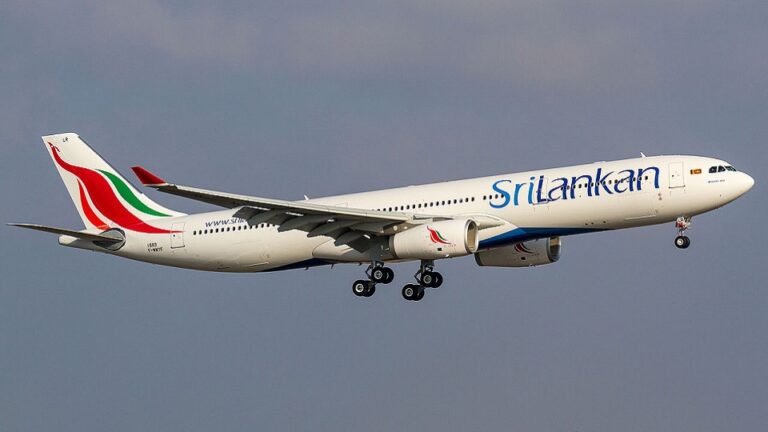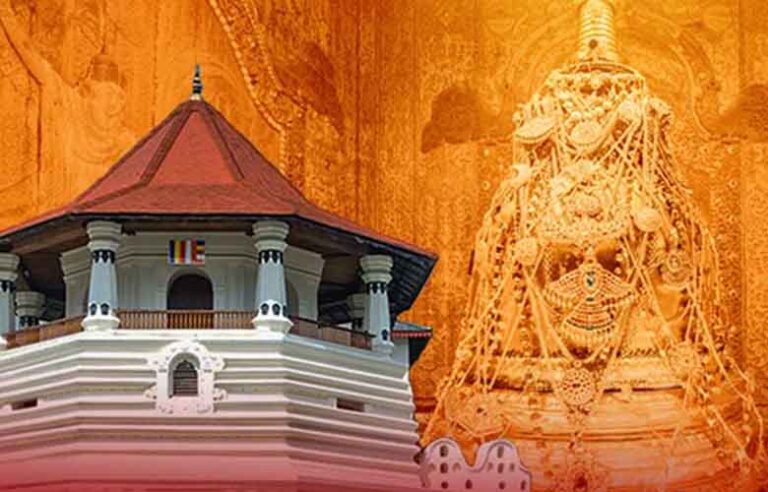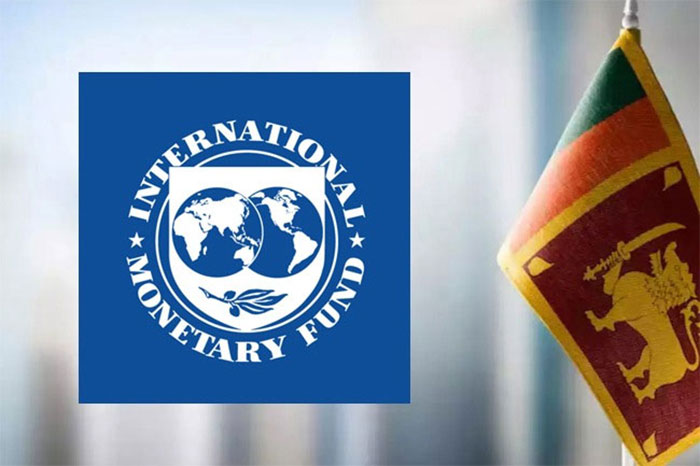April 20, Colombo (LNW): SriLankan Airlines has formally opened a bold front in its dealings with European aerospace giant Airbus, seeking a multi-faceted compensation package that could include a return of over US$ 23 million in pre-delivery payments and the free delivery of up to four state-of-the-art A330neo aircraft.
The move marks a dramatic turn in a relationship long plagued by controversy, unfulfilled agreements, and allegations of corruption.
The Colombo-based carrier’s demand for financial redress centres on its troubled acquisition of Airbus A330-300s and A350-900s, a procurement announced in 2013 that never fully materialised. Whilst six A330-300s were eventually delivered—mostly through the intervention of third-party lessors—the A350-900 component of the order failed to come to fruition.
The airline now argues that this incomplete arrangement, coupled with mismanagement and alleged irregularities during the initial negotiation process, justifies extensive reparations.
At the heart of SriLankan Airlines’ assertive stance is its new Chairman, who is reportedly spearheading a push to recoup losses from what he has described as an unjust and compromised procurement process.
The carrier is not only demanding reimbursement of US$ 23.3 million in earlier payments but also expects Airbus to provide a fleet of A330neo aircraft without charge—an extraordinary request in a highly competitive global market.
In total, the compensation being sought exceeds US$ 200 million, a figure that has reverberated throughout the aviation sector. Industry insiders note that whilst aircraft manufacturers occasionally offer rebates or financial adjustments to preserve relationships, such high-stake demands—particularly those involving the no-cost provision of wide-body jets—are rare.
The airline’s aggressive push for redress is deeply rooted in a broader effort to distance itself from a legacy of political interference and questionable dealings. Previous investigations into SriLankan Airlines revealed a culture of financial misconduct, including instances where senior figures allegedly accepted kickbacks in return for purchasing aircraft at significantly inflated prices, bypassing the bulk discounts typically afforded to major carriers.
These historical burdens continue to shape the airline’s present-day struggles. The CEO position remains vacant, and internal leadership instability has become a hallmark of the organisation.
Moreover, the company’s deteriorating operational capacity has coincided with broader national political unrest, adding further strain to an airline already grappling with structural inefficiencies and mounting debt.
In parallel with its negotiations with Airbus, SriLankan Airlines is also pursuing discussions with Rolls-Royce, the engine manufacturer implicated in the original procurement saga.
The airline suggests that engine-related shortcomings contributed to the underperformance of the previous fleet, and it is now exploring avenues for restitution on that front as well.
Airbus, for its part, has remained tight-lipped on the ongoing deliberations. The manufacturer is said to be weighing its options carefully, conscious of both reputational risks and the precedent any concession might set.
Whilst Airbus has, in the past, been entangled in legal disputes with other airlines over similar allegations, SriLankan’s demands—particularly the insistence on free aircraft—could test the boundaries of customary industry settlement norms.
As SriLankan Airlines attempts to rehabilitate its image and restructure its operations, securing meaningful compensation from its former suppliers is seen as essential to rebuilding both finances and credibility.
However, with deep scars from years of mismanagement and a history of politically driven decision-making, the path to resolution may yet prove arduous.


